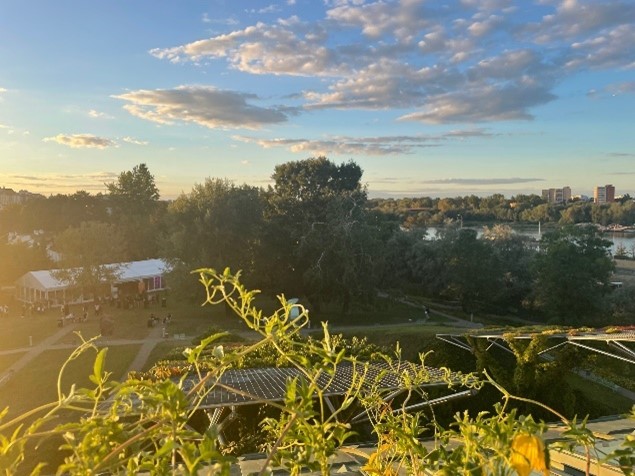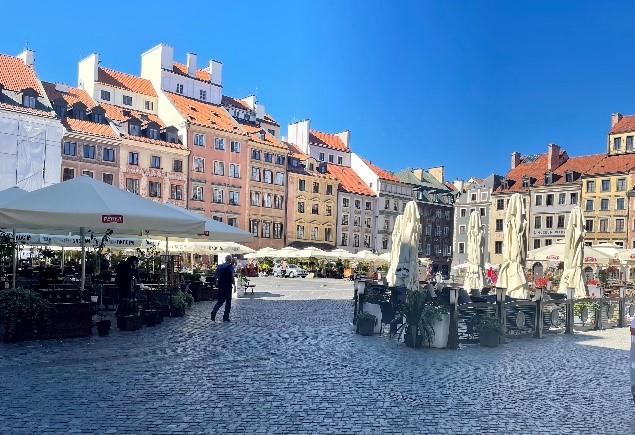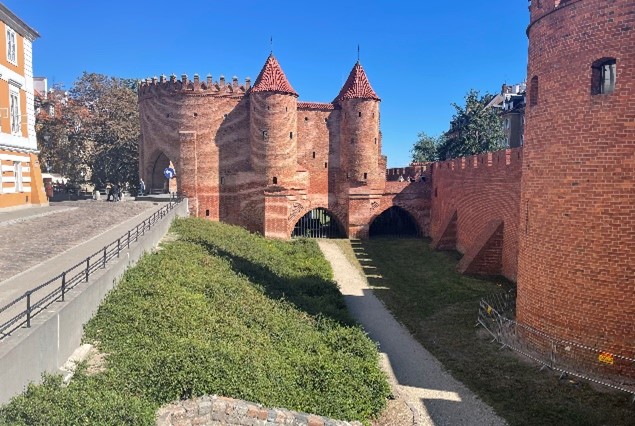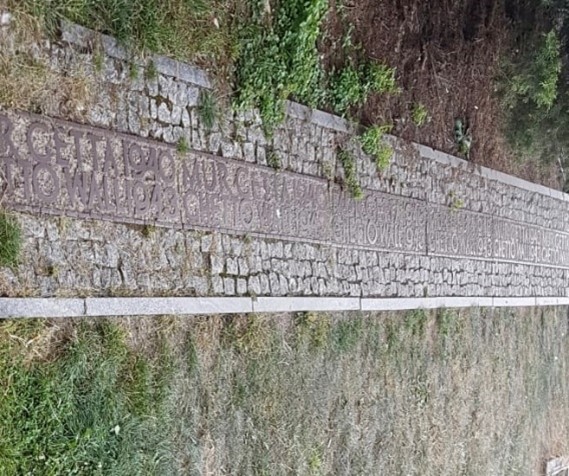First day back in the office after a wonderful week in Warsaw for the 15th International Conference for Nubian Studies. It is particularly lovely to be back in Munich knowing that the next conference will be held here in 4 years, and we look forward to this exciting if daunting challenge!
It was a fantastic conference and a great opportunity to catch up with colleagues and friends from around the world, as well as with ongoing work and research in Nubia and Sudan. It was especially nice to be in Warsaw for the 50th anniversary of the conference with the first conference also taking place in Warsaw in 1972.
It was a busy week with a huge range of papers and no less than six keynote lectures, each fascinating in their own right and providing much needed reflections on ongoing work in the region as well as the state of the discipline as a whole. The conference was wonderfully organised by the committee (Heads of the Organising Committee: Adam Łajtar and Artur Obłuski) from the University of Warsaw and it was great to hear about so many fantastic projects. These ranged from discussions of ongoing excavations, scientific research — such as bioarchaeological studies, to ongoing community archaeology and heritage management, as well as Christian and Prehistoric Nubia. Given the aims of the DiverseNile project it was wonderful to have so many papers on the ‘Borderspaces of the Nubian World’ which were especially relevant to our work. A very useful round table on ‘Different Complexities: Empires, States, and Nomads in Nubia and the Middle Nile’ organised by Julien Cooper and Andrea Manzo, also provided much food for thought.
It was also a great opportunity to share some updates from the DiverseNile project with PI Julia Budka and Rennan Lemos (who is sadly leaving the project for a teaching position in Cambridge) both presenting on some of the results from the project, as well as future directions and research questions.

The week also provided a great opportunity to visit the beautiful city of Warsaw and its Museums. This included the wonderful Faras Gallery in the National Museum of Warsaw, where 67 wall paintings from the Faras Cathedral are beautifully displayed in a space reminiscent of the original layout of the cathedral. The paintings were removed as part of the Nubian Campaign with the Faras excavations directed by Professor Kazimierz Michałowski, after whom the gallery is named and who organised the first International Nubian Conference in Warsaw. As such it was particularly fitting that the Welcome Ceremony for the 15th conference took place in the Museum with an opportunity to visit the galleries. The legacy of the Nubian Campaign of course continues to be the subject of controversy, particularly in relation to displacement of Nubian communities during the flooding of the region, and this was raised in several papers, including the keynote by Vincent W. J. van Gerven Oei.
The conference ended with a gala dinner in the lovely garden of the Warsaw University Library, a beautiful setting to end the conference.


Although, not the trip to Warsaw! The weekend provided a great opportunity to explore the city with its especially lovely Stare Miasto (Old Town) and Wisła.


Beautiful but of course with a dark past, still memorialised in the city and in the informative displays provided by museums such as the Warsaw Rising Museum and the POLIN Museum of the History of Polish Jews. The latter in particular providing a stark contrast of the different periods of the 1000 year history of the Jewish community in Poland from an early ‘Paradisus Iudaeorum’ (Jewish Paradise) to the horrors of the Holocaust. A dark ending to the trip but nevertheless a necessary one.


Overall, the trip to Warsaw was a great success for the DiverseNile team given us the opportunity to discuss ongoing research as well as learn much about the city itself. Many thanks to all of the participants and especially the organising committee and volunteers who made it all possible! We all very much look forward to the next opportunity to catch up with friends and colleagues.
